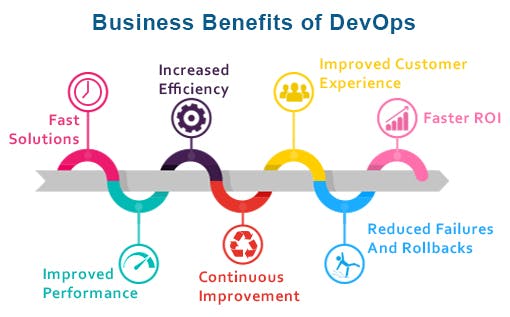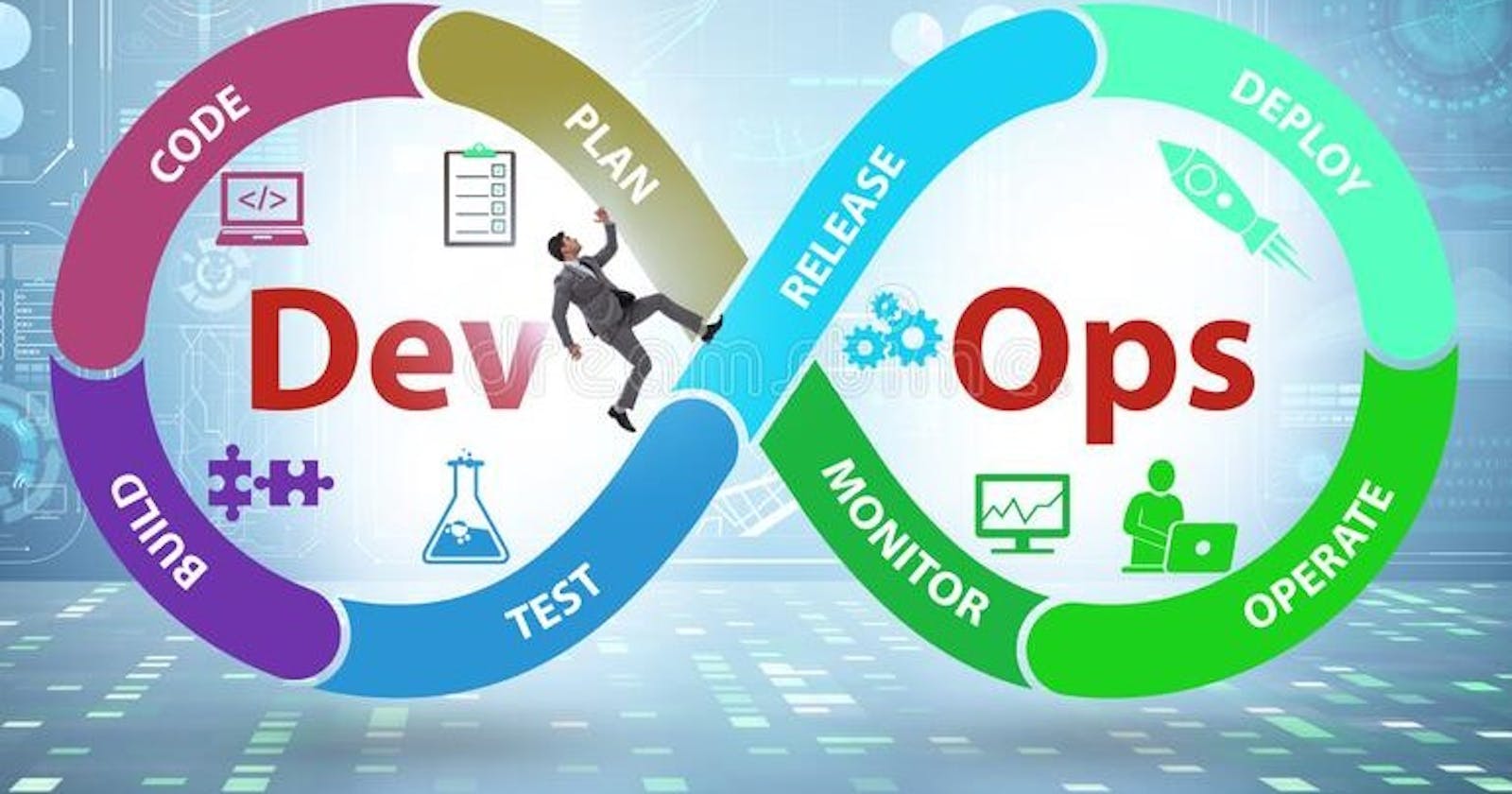What is DevOps?
DevOps is a methodology that promotes collaboration between the development team and the operations team to meet the deadline and avoid delay. This allows deploying code to production faster and in an automated way.
Automation
Automation is the ability to use technology to perform tasks with minimal human effort. This helps organizations to streamline their software delivery processes, reduce errors and inconsistencies, and improve efficiency and productivity. With automation, a DevOps team can focus on more strategic work in need of the hour.
Scaling
Scaling is the process of increasing the capacity or capability of a system to avoid overload when there is a sudden spike in demand.
There are two types of scaling:
VERTICAL SCALING-It involves adding more resources to a single server or machine, such as upgrading the CPU, RAM, or storage capacity.
HORIZONTAL SCALING-It involves adding more servers or machines to a system to distribute the workload.
Infrastructure
Infrastructure is the foundation or framework that supports a system or organisation. In DevOps, infrastructure is managed as code with tools such as Terraform, Ansible, and Chef to ensure that the infrastructure remains consistent across different environments, reducing the risk of errors and increasing efficiency.
Why DevOps is important?

DevOps is important as it advances software development culture and use tools to automate and accelerate processes, which helps to increase reliability.
Key Benefits:
Continuous delivery and iterative development.
Better Communication and Collabaration.
Improved software quality enabled by automation.
Improved monitoring and quicker service recovery.
Minimal cost of production.
Faster problem solving ability
Relaibility and scaling with minimum risks.
Increased employee engagement and job satisfaction.
Thank you for reading this article. Happy learning!
